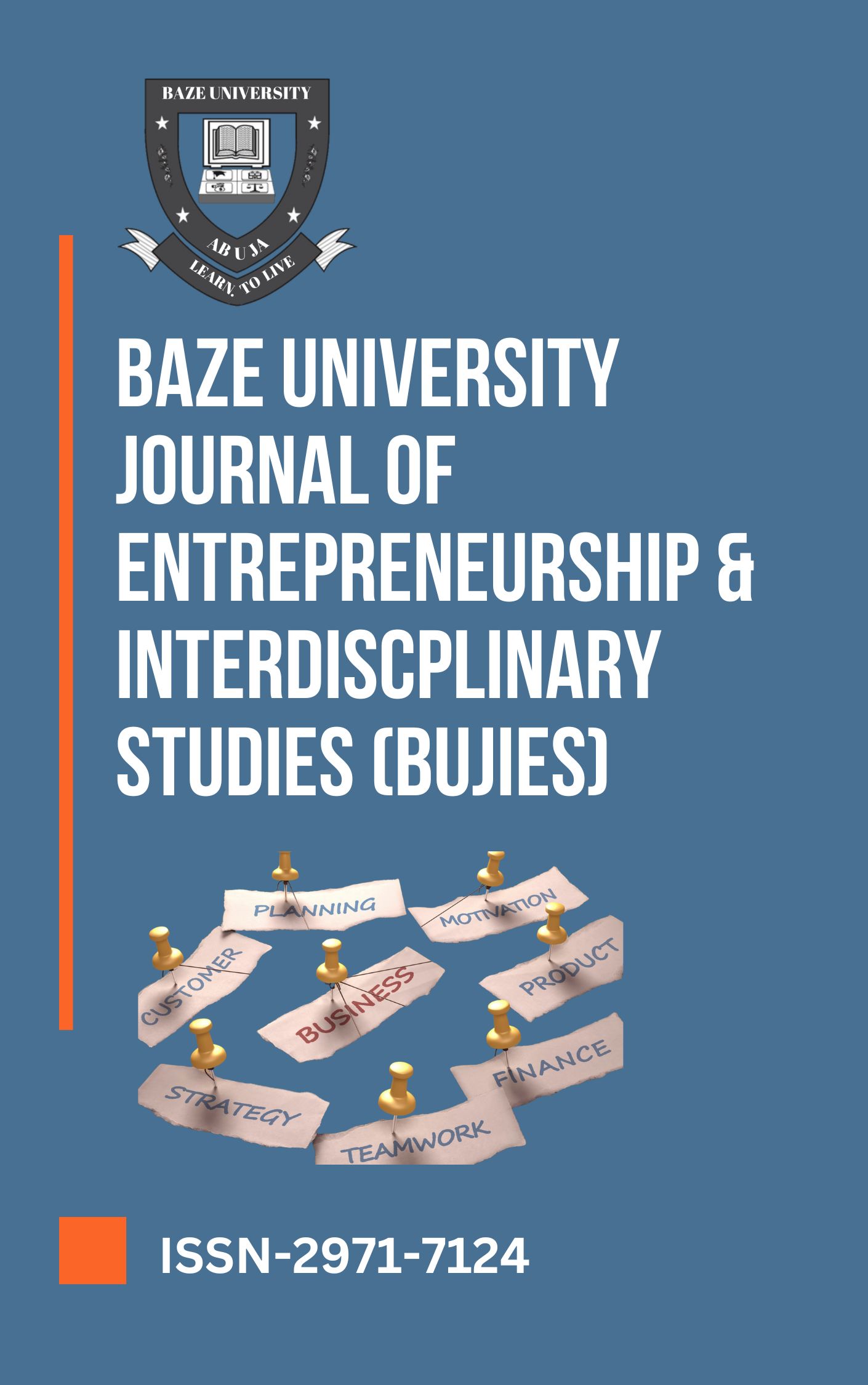Abstract
The study looked at how corporate social responsibility (CSR) affected MTN's brand perception in Nigeria. In particular, the study looked into the relationship between MTN brand loyalty in Nigeria and the impact of economic, social, and environmental CSR efforts. The study's research design was a survey. Due to the enormous number of consumers, Cochran used a sample size of 384 people and the 74 million MTN users in Nigeria to examine the data. The results of the research using ordinary least square regression showed that brand loyalty was significantly influenced by economic, social, and environmental activities at significant levels of 0.04, 0.00, and 000, respectively. Based on the findings, it was concluded that there is a strong correlation between MTN's CSR efforts and its brand reputation in Nigeria. According to the survey, MTN management should continue to engage in these brand-building projects as a method to reinvent their economic responsibility policies. Increased consumer base and ultimately more profitability will result from this. Additionally, it advises MTN managers to engage in more CSR projects that are morally justifiable in order to improve community welfare and their reputation. Programs for environmental protection should also be created. These initiatives may involve recycling, finding eco-friendly materials to use with the MTN mark, collaborating with distributors and suppliers who are known for their commitment to the environment, and developing new goods.



 National Library of Nigeria
National Library of Nigeria.jpg) Association of Nigerian Authors
Association of Nigerian Authors Nigerian Library Association
Nigerian Library Association EagleScan
EagleScan Crossref
Crossref